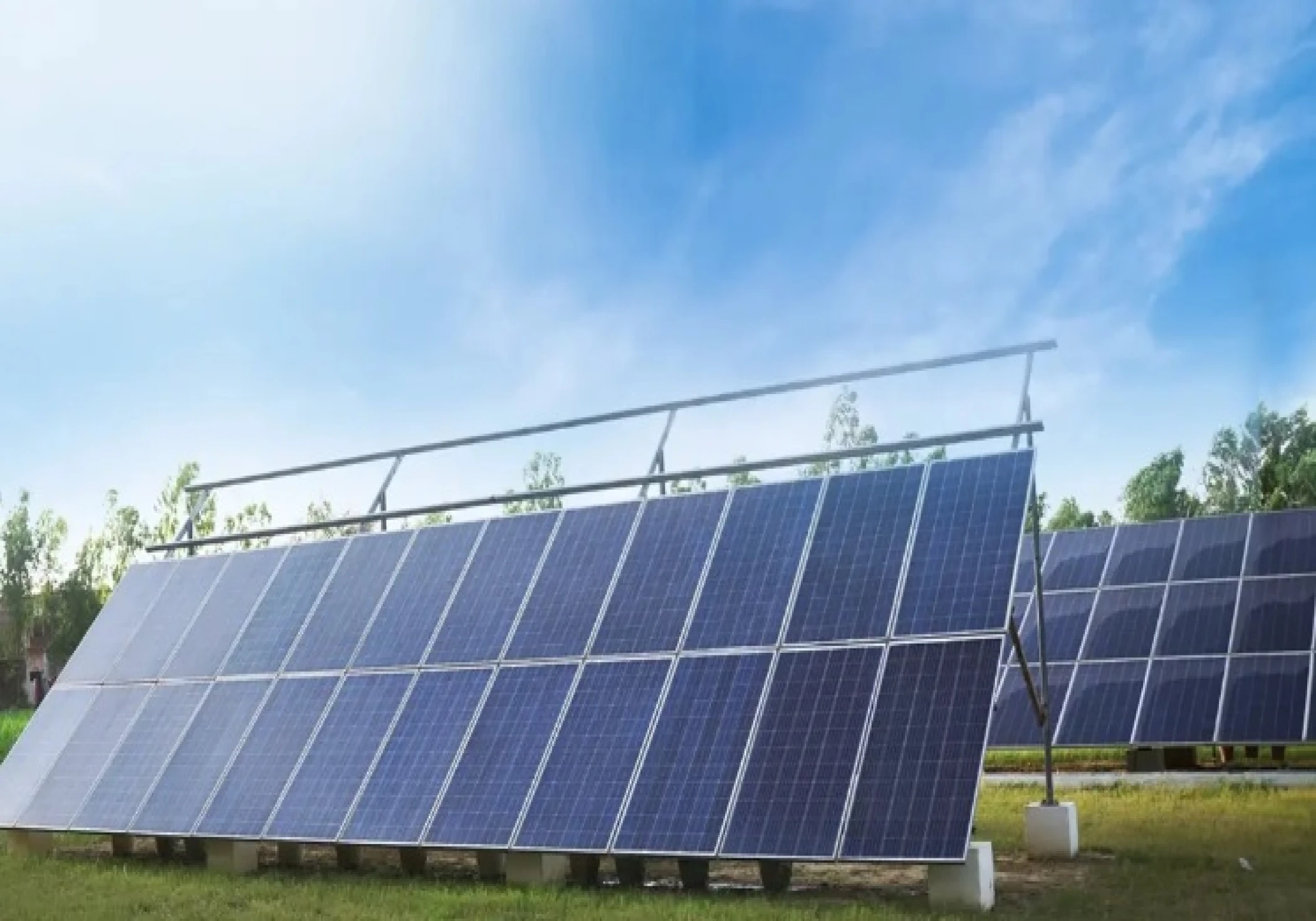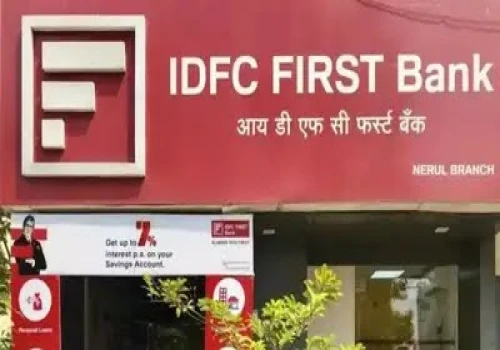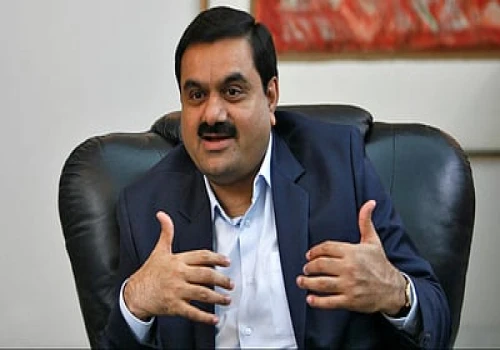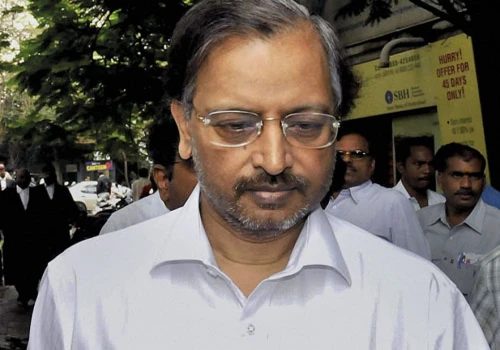
India has become a global leader in the deployment of solar power, playing a pivotal role in its transition towards clean and sustainable energy. As the world's third-largest energy consumer, the country faces immense pressure to meet its growing energy demands while reducing its carbon footprint. Solar energy has emerged as a key solution in India's efforts to strike a balance between energy security, environmental sustainability, and economic growth.
The Role of Solar Power in India's Energy Future
India has abundant solar resources, with most parts of the country receiving 4-7 kWh of solar radiation per square meter per day. This gives India one of the highest potentials for solar power generation in the world. Recognizing this, the Indian government has placed solar energy at the heart of its renewable energy strategy, aiming to harness this untapped resource to meet the country's rising energy demands.
Solar Power in India’s Energy Mix
OMC Power (Omnigrid Micropower Company) is a transformative renewable energy company focused on addressing the energy access gap in rural and semi-urban India. OMC Power was established in 2011 by Rohit Chandra, Sushil Kumar Jiwarajka, and Anil Raj using their personal finances in Gurgaon, Haryana. The company has established 20 microgrids in several districts of Uttar Pradesh, with capacities varying from 36 to 50 kW. The company has pioneered innovative approaches to decentralized energy generation and distribution, focusing on off-grid and remote communities.
The Energy Challenge in Rural India
India, despite rapid economic growth, continues to grapple with significant energy challenges, particularly in rural areas. More than 600 million people live in villages where reliable grid power is either unavailable or unreliable. Even though the government has made tremendous strides in rural electrification, many areas suffer from intermittent power outages, low voltage, and limited access to essential energy services. This energy deficit not only hampers daily life but also stifles economic development, education, and healthcare services.
In this context, OMC Power emerged with the vision of providing affordable and sustainable energy to remote areas, where grid extension is either unfeasible or too costly.
OMC Power’s business model is based on the development and operation of decentralized renewable energy solutions, particularly solar-based microgrids. Microgrids are small-scale electricity networks that can operate independently from the national grid, making them ideal for isolated and remote areas. These grids combine solar panels, battery storage, and backup generators to ensure 24/7 electricity supply.
OMC Power's Mera Gao Power, established in 2009, operates 1,200 microgrids in six clusters in Sitapur district, Uttar Pradesh, providing electricity to 16,000 homes.
OMC sets up solar power plants and distributes electricity through microgrids to customers, including households, businesses, schools, and healthcare centers. By using clean energy sources like solar, OMC Power helps these communities reduce dependence on expensive and polluting diesel generators.
In January 2015, American renewable energy company SunEdison and OMC Power partnerred to develop 250 MW solar power capacity for 5000 rural electrification projects.
The Rockefeller Foundation, an American private foundation and philanthropic medical research organization partnerred with OMC Power for construction and setup of 100 solar power plants in rural Uttar Pradesh, India.
The Role of Solar Power in India's Energy Future
One of OMC Power’s core values is to enhance not only energy access but also social and economic development in rural India. Access to reliable electricity leads to several positive outcomes:
Economic Empowerment: Electricity supports small businesses, agricultural enterprises, and industries, creating employment opportunities and boosting local economies. Farmers can use irrigation pumps, cold storage, and processing machinery to increase productivity and income.
Healthcare and Education: Electrification improves healthcare services by enabling refrigeration of vaccines, better lighting in clinics, and powering medical equipment. Similarly, schools benefit from lighting and digital education tools, improving learning outcomes for students.
Social Benefits: The availability of electricity enhances quality of life, allowing families to have access to lighting, communication (charging mobile phones), and entertainment, while reducing indoor air pollution from kerosene lamps and diesel generators.
Environmental Impact: OMC’s solar-powered microgrids contribute to the reduction of carbon emissions by replacing diesel generators, reducing the reliance on fossil fuels, and supporting India's commitment to the Paris Climate Agreement.
OMC Power is not only a leader in energy distribution but also in leveraging advanced technology to manage and optimize its services. The company employs smart meters, remote monitoring systems, and energy storage solutions to ensure the efficiency and reliability of its microgrids. These systems allow the company to manage energy loads effectively, anticipate demand fluctuations, and optimize battery usage.
The company also employs a Pay-As-You-Go (PAYG) model, which enables customers to pay for electricity based on their usage. This flexible payment system makes electricity more affordable and accessible to low-income households.
OMC Power collaborates with various organizations, including government agencies, non-governmental organizations (NGOs), and private investors, to expand its reach. By forming partnerships with large corporate entities and local institutions, OMC is able to scale its operations, secure funding, and maintain sustainable business practices.
The company is also actively engaged in government initiatives like the Pradhan Mantri Sahaj Bijli Har Ghar Yojana (Saubhagya) and seeks to align its efforts with national policies aimed at achieving universal electrification in India.
Like any company working in rural development, OMC Power faces several challenges, including financing, regulatory hurdles, and competition from state utilities. However, its resilient business model, rooted in renewable energy and community engagement, positions it well to overcome these obstacles.
In the long term, OMC Power envisions a significant expansion of its services across India and potentially in other developing regions with similar energy challenges. With increasing demand for clean energy solutions and the global push for sustainability, OMC Power is well-poised to become a leader in decentralized renewable energy solutions.
OMC Power stands out as a key player in bridging the energy gap in India’s rural and remote areas. By leveraging solar-powered microgrids and innovative business models, the company is not only providing reliable electricity but also contributing to the broader goals of sustainable development, poverty alleviation, and environmental conservation. As the world moves towards a green energy future, OMC Power is setting an example of how energy innovation can create lasting social and economic change.











